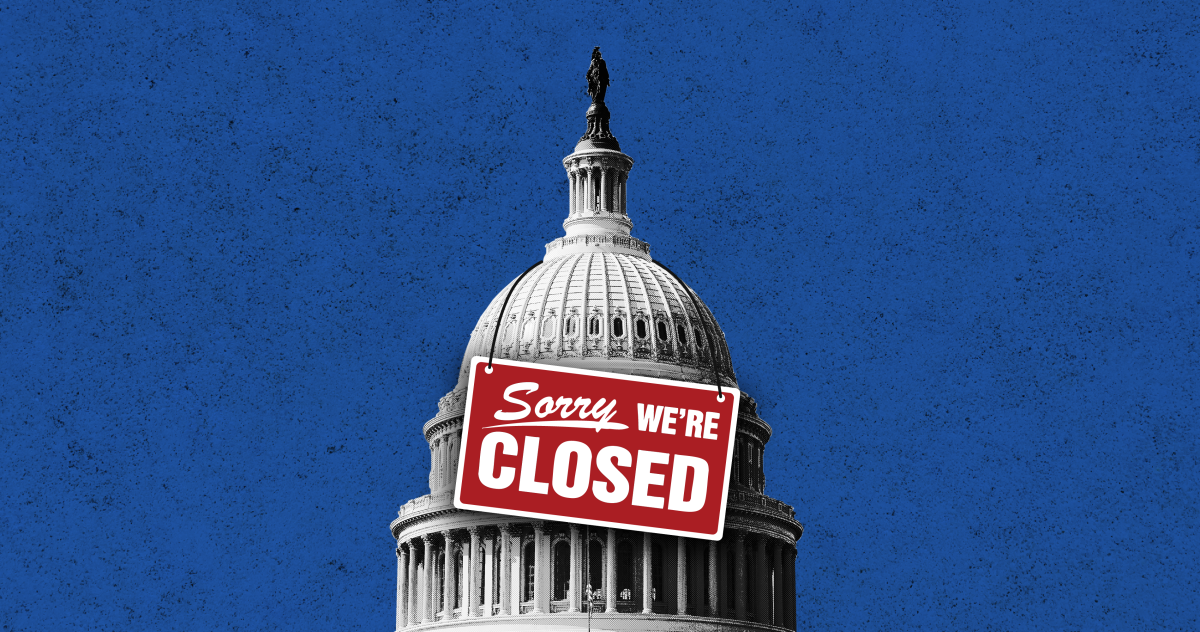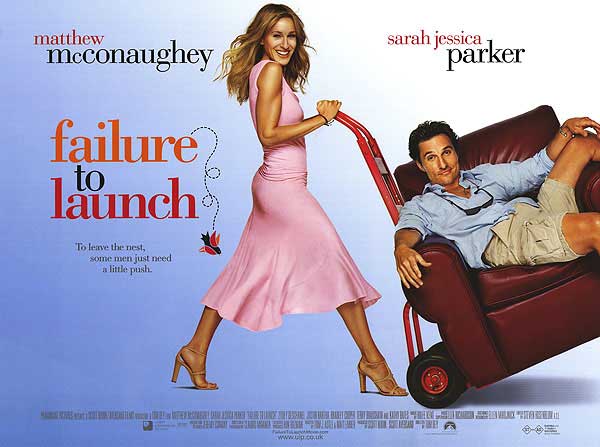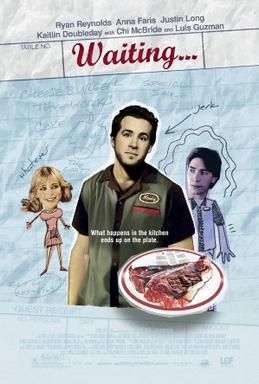Minimum wage has been a buzzword recently in the news, as well as in everyday conversation. Almost four years out of the United States’ major recession, will raising the minimum wage boost or slaughter the recovering economy? While the cost of living has gone up, the government issued minimum wage has remained constant at $7.25 an hour. Minimum wage has lost more than 30% of its value and would be more than $10.59 per hour today if it had kept pace with the cost of living over the past forty years. However, if minimum wage is raised, the wages of every worker will have to follow.
With 21 states already over the federal minimum wage, President Barack Obama modestly proposed to increase minimum wage to $9 an hour. Obama has said the growing gap between rich and poor Americans is threatening the ideals the country was founded upon. The Republican party argued that when the minimum is raised, the maximum and everything in between will raise; therefore, the gap will not decrease. While some states’ minimum wage changed Jan. 1, 2014, the final voting for federal minimum wage, which hasn’t been changed since 2009, has yet to take place.
Indiana, which has the 14th highest poverty rate in the country, was not one of the 13 states to raise minimum wage on the first of the year, and will not be raising the minimum wage unless dictated by the federal vote. Over 93,000 residents of Indiana earn minimum wage and, along with most of America, will be eagerly awaiting the verdict of this minimum wage issue.













